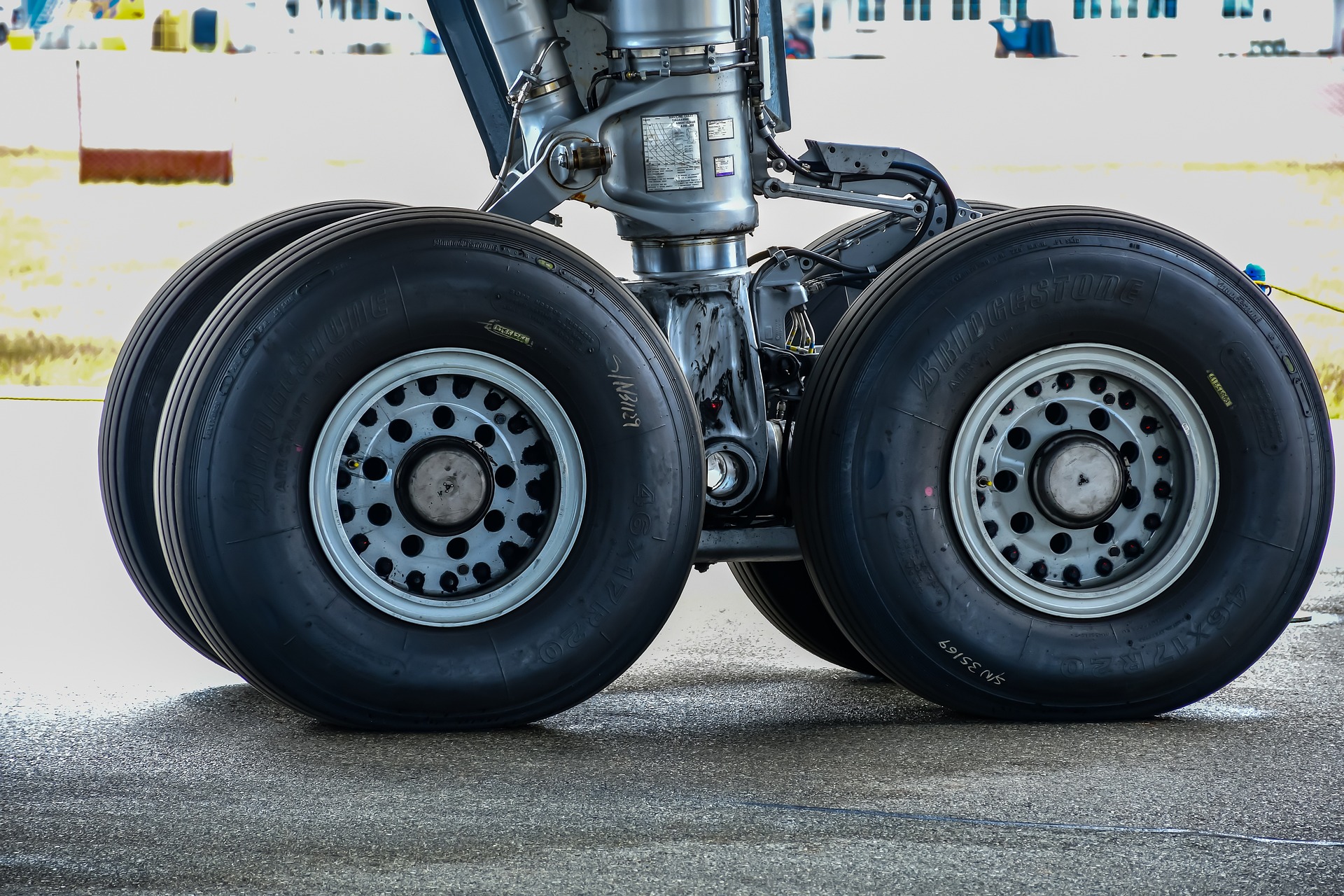The market for sustainable aviation fuel (SAF) — which can be made from corn and soybean oil — is set to skyrocket in the near future, according to a new report from Exactitude Consultancy.
While the global SAF market’s valued at more than $84 million in 2022, the report projects it to reach more than $9.7 billion by 2029, a compound annual growth rate of 60.8%.
As the report noted, sustainable aviation fuel can be introduced with no modifications to the aircraft or infrastructure, making it a drop-in fuel.
“Using sustainable, high-quality aviation fuel can significantly cut carbon dioxide pollution,” the report stated.
“Emission levels from the production, dissemination, transportation, and combustion of sustainable jet fuels are roughly 75% lower than those from fossil jet fuels.”
Farmers are also anticipating major growth — and boosts to crop prices — from the renewable diesel industry. The most recent Ag Economy Barometer survey found that nearly half of the 400 farmers polled expected the renewable diesel industry to grow over the next five years.
When asked what impact they expect the renewable diesel industry to have on soybean prices over the upcoming five years, 39% of respondents predicted a price increase of up to $0.50 per bushel, 28% expected a price boost in a range of $0.50-$1 per bushel, and 21% think there will be an increase of $1 or more per bushel.
The report cites increasing air travel numbers, in conjunction with ongoing climate-related commitments from countries as part of the 2015 Paris Agreement as key factors that are expected to push the SAF market to new heights.
“To reduce world emissions in half by 2030, more than 70 countries, 1,200 companies, 1,000 towns, 1,000 schools, and 400 financial institutions have vowed to take strict, immediate action,” according to the report.
“One important component in achieving these objectives is sustainable aircraft fuel. SAF has a lifetime emission reduction of up to 80%. Over the anticipated time, these factors will fuel market expansion.”
While the market is expected to grow, the report cites the price of SAF — which is four to five times more expensive than traditional fuel — as a hurdle the industry will have to overcome.
“To scale (the SAF market), the cost of sustainable aircraft fuel must be decreased,” the report added.
“In addition, the cost of feedstock, yields, and plant capital recovery are important elements that raise the price of sustainable aviation fuel altogether.”
The federal government is pumping money into the SAF market through multiple initiatives, including the Sustainable Aviation Fuel Grand Challenge, with a goal of enabling the production of three billion gallons of SAF annually by 2030 and 35 billion gallons annually by 2050.

